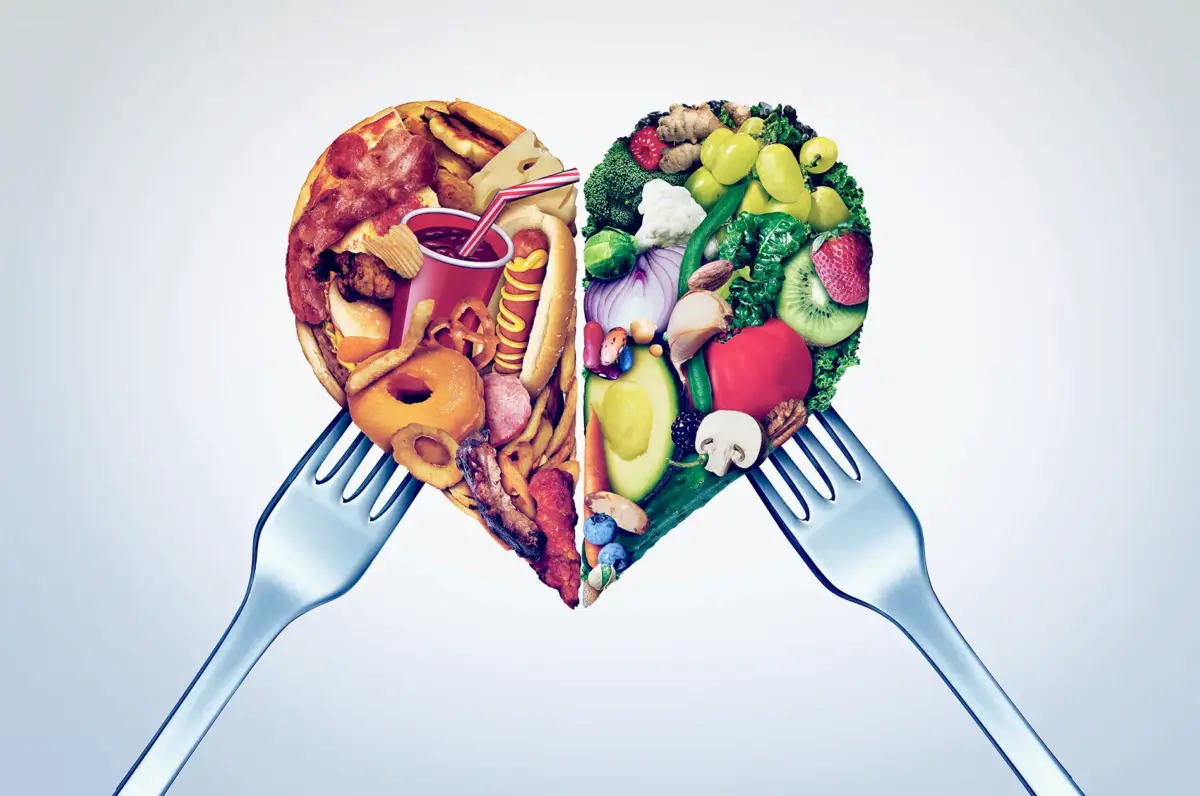Participants consuming a diet of minimally processed foods lost more weight than those eating ultra-processed foods, even when matched for protein, carbohydrate, fiber and fruit and vegetable intake.
Overview
- What did they test? In this study, researchers tested the effects of consuming a diet that met the dietary guidelines, but was made up of mostly ultra-processed foods (UPF), compared to one that met dietary guidelines but was made up of mostly minimally processed foods (MPF), on body composition, metabolic health, and hunger.
- What did they find? The diet made up of MPF led to slightly greater weight loss and improved triglycerides, while the UPF led to small improvements in LDL cholesterol compared to the MPF diet.
- What does it mean for you? The negative health effects of UPF are well-documented in observational studies. This is largely thought to be due to the lower content of protein, fiber, fruits, and vegetables, and higher amounts of sugar, refined carbohydrates, and saturated fats that these diets provide.
This study showed that consuming a high UPF diet led to minor changes in health parameters compared to an MPF diet, with some favoring MPFs and some favoring UPFs. These findings suggest there are weight loss benefits to consuming diets rich in MPF vs. UPF, but these differences are small when both diets adhere to dietary guidelines.
What’s The Problem?
Consuming a diet higher in ultra-processed foods is associated with a higher risk of diabetes, hypertension, dyslipidemia, and obesity 1. Ultra-processed foods are lower in protein and fiber, and are also higher in calories, added fats, sodium, and sugars. These characteristics are thought to be a primary driver of the deleterious health effects associated with UPF consumption.
However, there is a lack of evidence available to test this hypothesis. One study looked at the effects of two weeks of following a UPF vs. MPF diet and showed greater weight loss and higher calorie intake on the UPF diet 2. However, this study was short and the individuals following the MPF had a greater protein intake, which could explain some of the differences in outcomes.
Purpose
While previous research has shown that UPFs can negatively impact health, it is unclear if this effect comes from some aspect of the processing or if it is due to the differences in important nutrients (e.g. fiber, protein) between UPFs and MPFs. Therefore, the purpose of this study was to examine the impact of consuming a diet of predominantly MPFs compared to a diet of predominantly UPFs, both designed to meet important dietary guidelines, on body weight, metabolic health, and hunger.
Hypothesis
Based on previous research, the authors hypothesized that the UPF diet would have unfavorable effects on body weight and health that would not be explained by differences in macronutrient or micronutrient intake.








